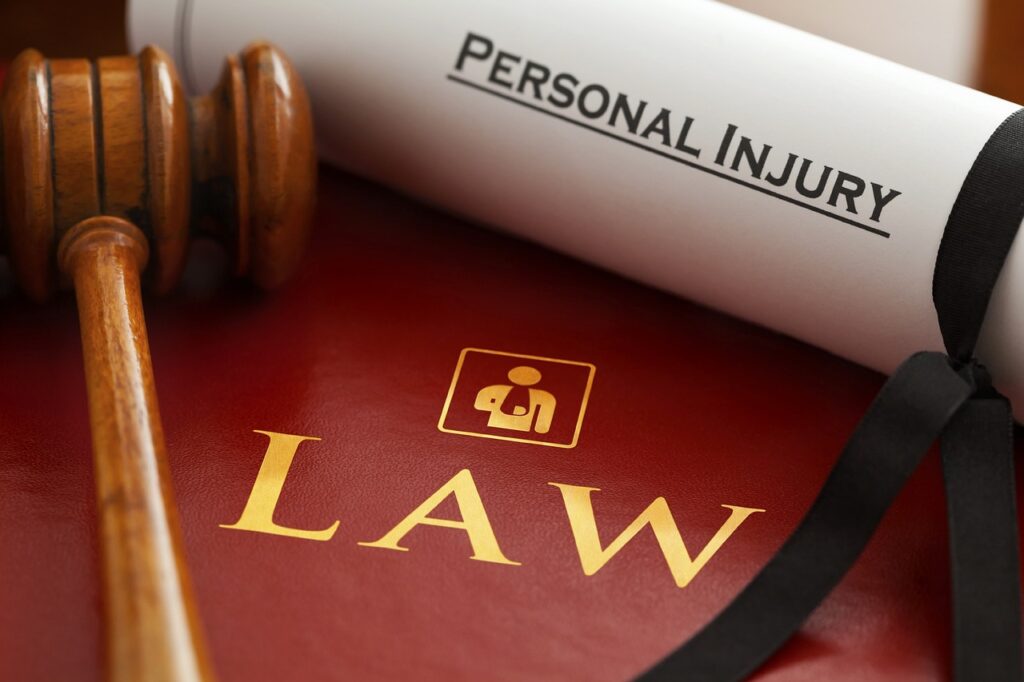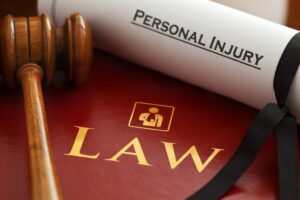Losing a loved one is always tragic, and when the death results from someone else’s negligence or wrongful actions, the grieving process can be even more painful. While nothing can bring back a loved one, a wrongful death lawsuit helps families find justice and financial stability during this challenging time. This blog explores the types of compensation available and the steps families need to take to secure it.
1. Types of Compensation in Wrongful Death Cases
Compensation in wrongful death cases typically falls into two main categories: economic damages and non-economic damages.
Economic Damages cover the quantifiable financial losses the family incurs, such as:
- Medical Expenses: If the deceased received medical care before passing away, families can recover the costs of treatments, surgeries, hospital stays, and medications.
- Funeral and Burial Costs: The funeral and burial services for a loved one can place a financial burden on grieving families. These costs are recoverable in wrongful death claims.
- Lost Income and Benefits: If the deceased was a breadwinner, the surviving family members can seek compensation for the loss of their financial contributions, including the salary they would have earned, retirement benefits, and other employment perks.
Non-Economic Damages account for the emotional and psychological toll of losing a loved one:
- Loss of Consortium: This refers to the loss of companionship, love, and care that the deceased provided to their spouse and family.
- Pain and Suffering: Families endure significant emotional pain and suffering after the death of a loved one, and the law recognizes this distress by offering compensation for it. Additionally, the deceased’s Estate may be eligible to recover pain and suffering compensation if they can provide evidence that the deceased endured pain prior to their death.
In more complex wrongful death cases, determining the full scope of compensation requires a thorough understanding of the legal process. Learn how compensation is calculated by reading Maximizing Compensation in Personal Injury Cases.
2. Proving Liability in a Wrongful Death Case
Proving liability is central to securing compensation in a wrongful death case. The plaintiff (family or representative) must show that the defendant’s negligence or wrongful act caused the death. Here’s how liability is typically established:
- Negligence: This requires proving that the defendant owed a duty of care to the deceased, that they breached this duty, and that the breach directly caused the death. Examples of negligence include medical malpractice, car accidents, or unsafe work conditions.
- Intentional Acts: In cases where the death was caused intentionally (e.g., assault or homicide), families can also pursue a wrongful death claim.
Evidence that can help prove liability includes:
- Witness Testimony: Testimonies from those who witnessed the incident can provide valuable insights into what occurred.
- Medical Records: These can help link the cause of death to the incident or negligence.
- Expert Witnesses: In complex cases, expert testimony (e.g., from accident reconstructionists or medical experts) can clarify how the defendant’s actions led to the death.
Discover how liability is handled in personal injury cases by exploring How to Approach Settlements vs. Trials in Personal Injury Law.
3. Statute of Limitations for Wrongful Death Cases
Each state imposes a statute of limitations on wrongful death cases, which is the timeframe within which a claim must be filed. In most states, this period ranges from one to three years from the date of death. Failing to file within this period can result in losing the right to pursue compensation.For a deeper understanding of the legal process and important timelines in wrongful death and personal injury cases, check out The Legal Process of Personal Injury Claims: What Clients Can Expect.
Conclusion
Families facing the death of a loved one due to another’s negligence deserve justice. Compensation in wrongful death cases provides financial relief and helps families cope with the emotional and economic hardships they face. An experienced wrongful death lawyer can guide families through this process, ensuring all damages are properly accounted for and pursued.For further details on how wrongful death compensation is handled by top legal professionals, explore Atlanta’s Top Personal Injury Lawyers.
Call Don Edwards at (404) 526-8866 for a free consultation.




